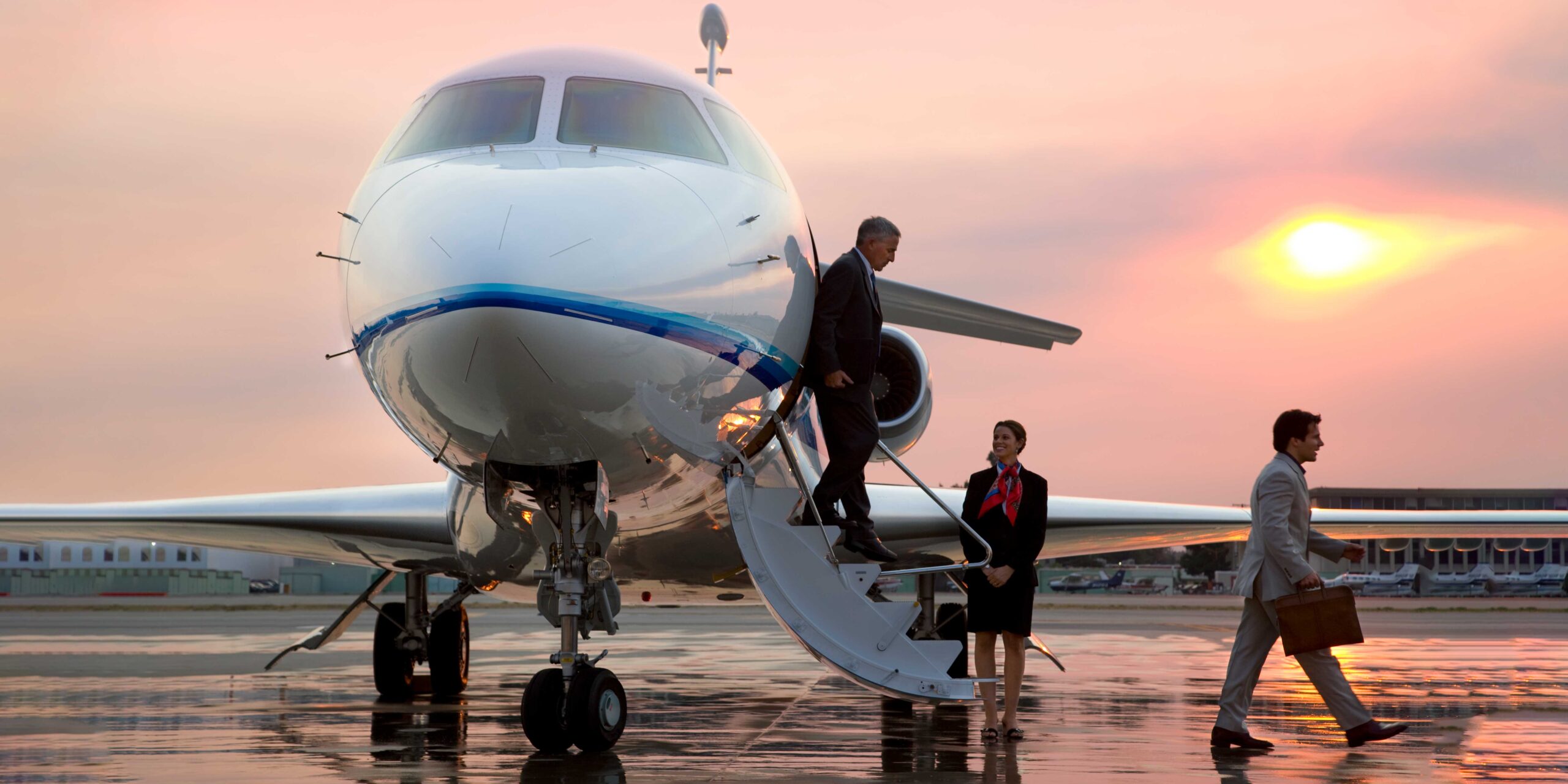Flight sharing, also known as shared aviation, is an innovative approach that not only offers convenience but also promotes sustainable practices within the aviation industry. The basic premise is promoting travelers to share private flights, reducing the number of individual flights and thereby mitigating the environmental impact of luxury air travel. In fact, private planes emit 10 times more carbon per person than commercial airliners.
Traditional private travel can contribute to increased carbon emissions and congestion, but flight sharing aims to address these concerns. By connecting travelers who have similar itineraries, flight sharing optimizes the use of aircraft, effectively reducing the overall carbon footprint per passenger.

One of the key benefits of flight sharing is its potential to decrease the number of empty-leg flights, where an aircraft flies without passengers to pick up new customers. By utilizing these empty flights for shared travel, it minimizes wasted resources and lowers emissions. Moreover, flight sharing platforms like Wingly often incorporate modern technologies to streamline the booking process, enhancing user experience and encouraging more people to choose shared flights. This blend of convenience and environmental consciousness makes flight sharing an attractive option for affluent and conscious travelers.
As the aviation industry seeks ways to become more sustainable, flight sharing emerges as a viable solution for the rich. By fostering collaborative travel, it aligns with the principles of efficient resource utilization and reduced environmental impact. As the concept continues to gain traction, flight sharing has the potential to shape the future of aviation towards a greener trajectory.
